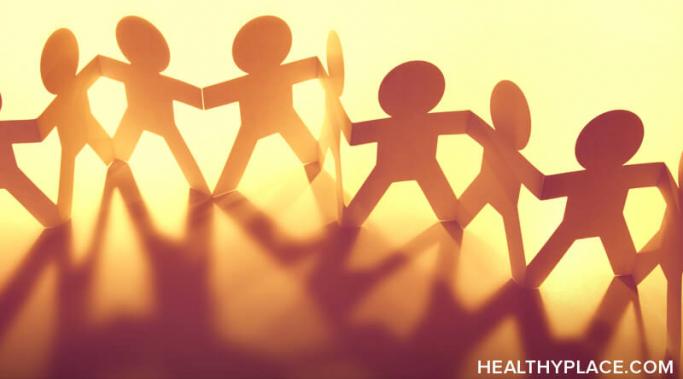Blogs
It might seem pessimistic to plan on having postpartum depression, but if it's something you're nervous about, it's best to be prepared with a postpartum depression support plan.
How do you feel about the transition between fall and winter? Where I live, it can almost seem as though we do not have a fall. Sure, there might be a few weeks when the weather cools down and the leaves change color. But the temperature might freeze too fast for your mind and body to react properly. Here are some ways to prepare before winter starts.
It was not until I experienced a loss that I felt like I truly knew how to support a grieving friend through the grief process. Grief is inevitable and life is riddled with loss, whether it be in the form of death or a devastating breakup. Therefore, there is going to be a point in your life where you are going to be the shoulder to lean on. There are appropriate ways to help someone who is going through a hard time and there are inappropriate ways (such as not being there for someone at all). Here are some helpful hints for supporting a grieving friend.
There's a relationship between communication and anxiety. If I had to guess, I'd say that more often than not you try to hide your anxiety instead of sharing it. Does that sound right? It can be difficult to communicate anxiety, which is something so challenging and personal, with others, and I think people often default to keeping it as closed off from others as possible. While this is a valuable skill to develop in some cases, it can also be detrimental to hide away your everyday emotional experience. We tend to feel the most secure and happy in our relationships when we share our true selves with others, so the benefits of being open and honest about ourselves are hard to overstate. Additionally, by being honest with others, we often invite honesty in return, which helps cultivate trust and communication to reduce anxiety.
Halloween mental health stigma can be especially harmful and offensive. For some reason, many people still believe "asylum" themes are appropriate for their haunted houses and costumes like "escaped mental patient" are fun because they get to wear a straightjacket. I believe stigmatizing mental illness in your Halloween celebration only serves to ostracize and insult an already vulnerable group of people, and it is time for it to end.
An important aspect of healing and learning to live with complex posttraumatic stress disorder (PTSD) is recognizing when it's time to take a step back from life's many responsibilities and give yourself a little self-compassion and self-care. Lately, I find myself being pulled in 100 different directions, which is causing a flare-up in my complex PSTD. To that end, while it's been my honor to write for you, it's time for me to listen to my own words and say goodbye to "Trauma! A PTSD Blog."
Mental illness is never our fault, but we need to take responsibility for our mental illness. The cause of mental illness is still debated among scientific communities, with the general consensus being that it is some combination of genetics, environment, and biology. We are not at fault for the type of parenting we grew up with or our family's medical history. We are not at fault for being born into poverty or developing certain personality traits. But none of these things excuse us from taking responsibility for our mental illness.
There are many feelings of depression. Yes, there is a feeling of sadness, but there are also other feelings, too. These feelings may include numbness, anger, irritability, extreme tiredness, stress, worthlessness, and guilt. These are typical feelings for someone with depression, yet we shouldn't ignore these feelings nor wallow in them, either. So, how can we cope with these feelings of depression in a healthy way?
You may have learned somewhere that anxiety is a mental illness. Anxiety is so much a part of the human condition that almost every one of us across the globe experiences it sometimes. Does this mean that the entire world has a mental illness? For part of Mental Illness Awareness Week, let's explore whether anxiety is a mental illness.
Being emotionally sensitive is like going through life with open wounds. Something that might go unfelt by someone who isn’t emotionally sensitive could be felt deeply by someone who is very sensitive to emotions. For me, being emotionally sensitive means that I experience a vast spectrum of emotions and often feel each one very intensely.









